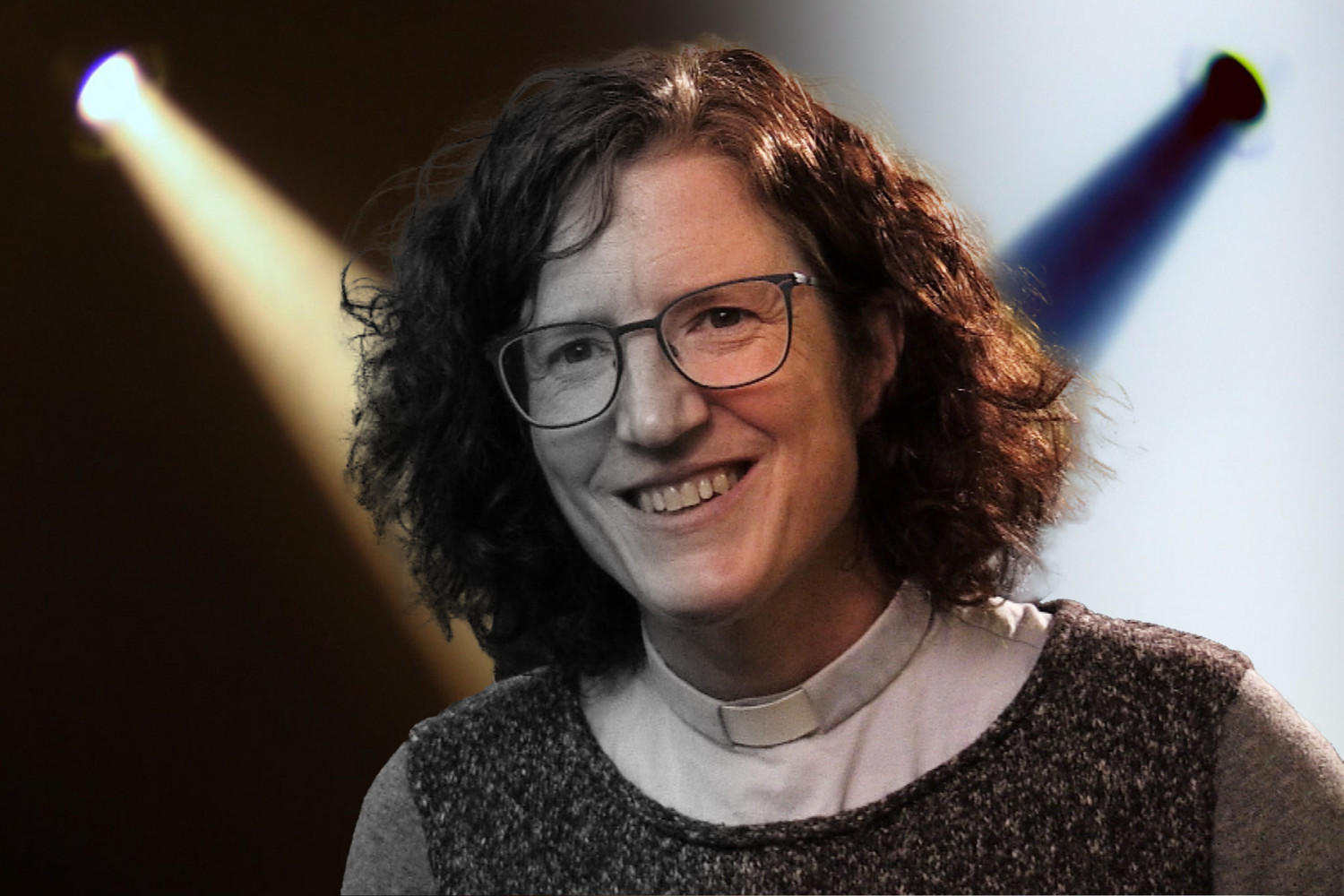 I wonder what adjective you would choose to describe the experience of living through recent events? How about ‘overwhelming’?
I wonder what adjective you would choose to describe the experience of living through recent events? How about ‘overwhelming’?
Being overwhelmed is to be caught up, carried along or bowled over, by things over which we have no control. The list from the last couple of years is long and growing: the changes brought by Brexit; the covid pandemic – the invisible virus causing so much illness and death, fear of who might be affected next, and daily living abruptly changed by strict public health restrictions; a fuel shortage causing petrol pumps to run dry; and now rapidly escalating costs of living along with a war much closer to home than any others we have known for many decades. Our own personal circumstances might add a few more to the list.
Although the word ‘unprecendented’ has rapidly risen up the list of most commonly used words in the last two years, life being overwhelming is not new.
The Bible is full of stories of people being overwhelmed by both bad and good things. Creation is overwhelmingly beautiful; the consequences of Adam and Eve’s sin are overwhelmingly devastating. In the story of Noah the world is overwhelmed by evil, then the water of the flood, then the water is overwhelmed by God’s mercy and blessing, to name just a couple of examples. The story of Jesus might be read as a sequence of overwhelmings as he is tempted in the desert, immerses his life in prayer, and transforms the lives of many he meets. The ‘success’ of Jesus’ mission and ministry appears to be crushed by the defeat of the cross.
The good news of Easter though is that the negative overwhelmings don’t have the final say. As Jesus willingly goes to the place of ultimate overwhelming and annihilation, the power of death itself is overwhelmed by God’s love as Jesus rises again to life.
One theologian, David Ford, suggests that ‘coping with multiple overwhelmings’ is ‘the most important thing in our lives’1. Rather than resisting or fighting senses of overwhelming he suggests three steps. Firstly to name them. In the Bible God does not shirk away from naming the sin and evil that is harming the world, or the ways in which His people wander away from Him. Second is to be real and describe or narrate the experience. The book of Job and the Psalms are great examples of this. Then thirdly to ‘attend to the shape of living’. Rather than fiddling with the details of bad overwhelmings, or allowing ourselves to drown in them, to shape our lives in ways which allow the truth of God’s love, life and hope to dominate. If you took up any form of spiritual practice for Lent and it helped you focus more on Jesus, then why stop them just because you’ve got to Easter?
My prayer is that as we celebrate Easter we allow ourselves to be overwhelmed again by the reality of Jesus resurrection, and then let the implications of it shape our thinking, our feeling and our living. As John’s gospel famously starts: ‘The light shines in the darkness, and the darkness has not overcome it.’ (John 1:5 NIV)
The Ven Megan Smith, Archdeacon of Stoke-upon-Trent
(1David Ford, 1997. The Shape of Living. Canterbury Press).
Image: by Simon Jones; with elements from Blondinrikard Fröberg under CC-BY2.0